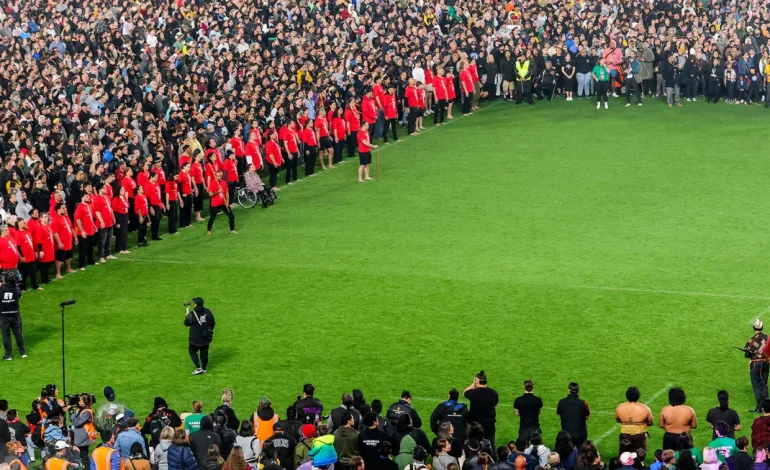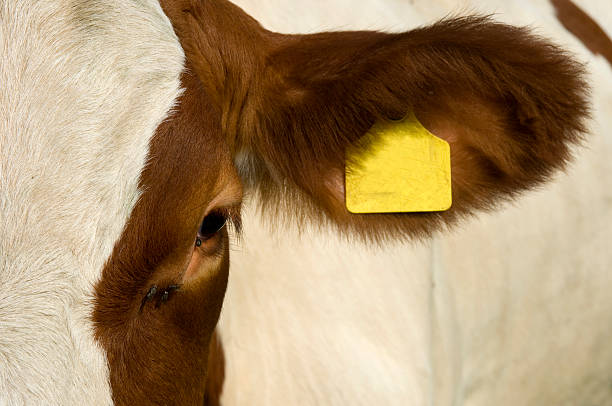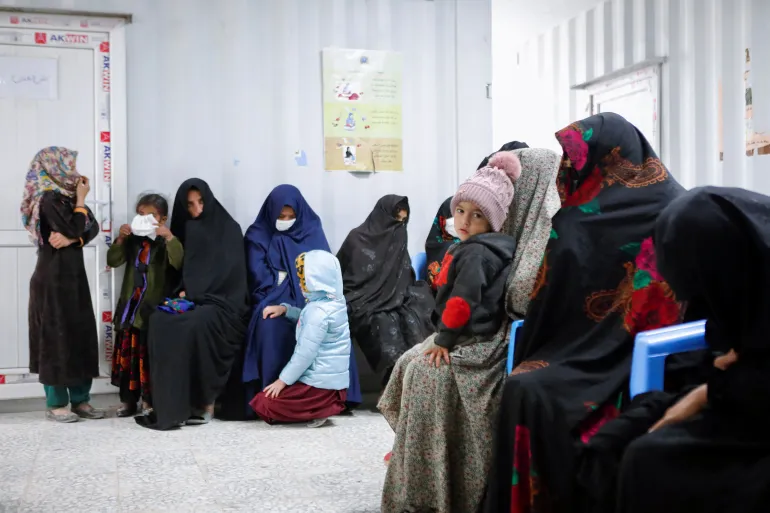Thousands Storm Eden Park, New Zealand Reclaims World Record for Largest Mass Haka Dance

New Zealand has reclaimed the world record for the largest mass Haka, with thousands of participants packing Eden Park on Sunday for a resounding performance of the traditional Māori war dance, CNN reports.
The record-breaking feat saw 6,500 people join together in a powerful display of cultural unity, surpassing the previous record held by France since 2014.
Historically a ceremonial challenge and rallying cry, the Haka has evolved to become a celebration of Māori identity and culture, often used to unite people during times of grief. The iconic routine, with its stomping feet, pumping fists, and guttural chants, is deeply embedded in New Zealand culture and has been famously adopted by the country’s rugby team, the All Blacks, as a pre-match ritual.
The event, organized by the Raukatauri Music Therapy Trust, saw participants fill the stadium with thunderous cheers, huffing out their chests, stomping on the floor, and performing the signature intimidating facial expressions. Guinness World Records adjudicator Brian Sobel confirmed the record, although the final attendance number could still be adjusted.
Among the crowd were celebrities such as American TV host Conan O’Brien, New Zealand director Taika Waititi, and former boxer David Tua. The Haka had to be performed for one minute, so the crowd performed Ka Mate, the most well-known Haka routine, four times in a row to fulfill the requirement.
While the Haka is embraced by New Zealanders from all walks of life, the Māori community, representing nearly a fifth of the country’s population, often faces discrimination, resulting in poorer health and education outcomes and higher rates of incarceration.
This year, protests have erupted across New Zealand, sparked by the right-wing government’s proposals to dismantle the Māori Health Authority, limit the use of the Māori language, and end tobacco sales restrictions. These policies have been met with strong opposition from Māori leaders, who view them as undermining their community’s efforts to address health disparities and preserve their cultural heritage.








